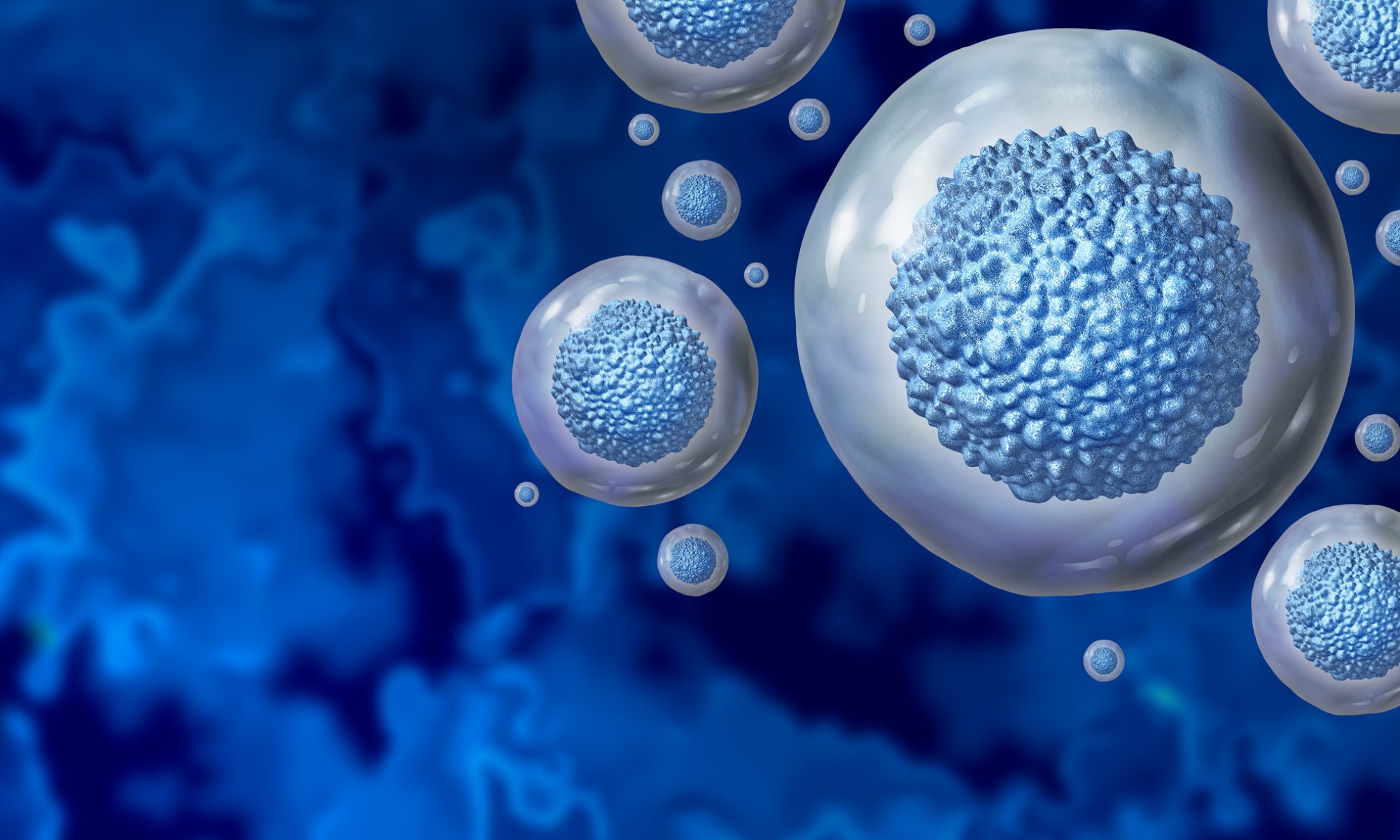Fred Hutch study suggests certain immune cells are source of antibodies that attack donated organs
Each day, 13 patients awaiting transplants for severe kidney disease in the U.S. lose their lives before a compatible kidney can be found.
Frequently, it is simply that there are not enough donated organs available, but sometimes it is because the right donor is too rare. Of the 92,000 people in U.S. waiting this year for a kidney transplant, about one in ten will have an especially hard time finding a compatible donor. Read more from the Fred Hutch News Service.

